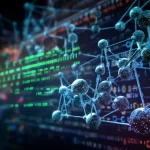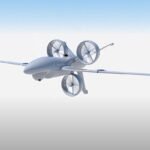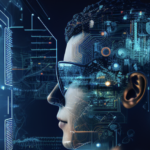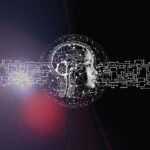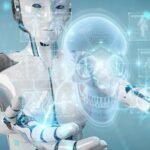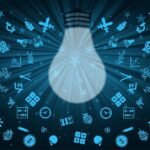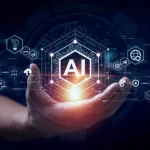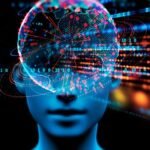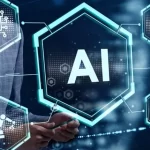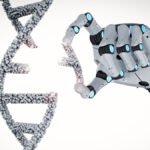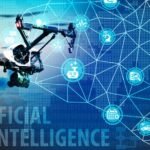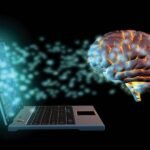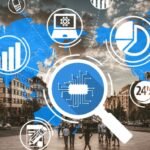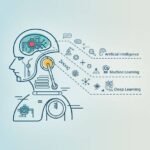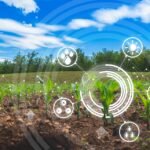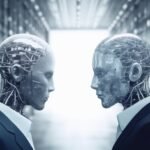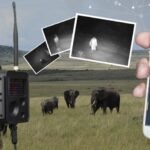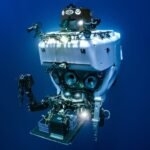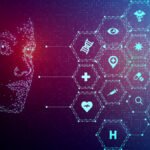Ecology and artificial intelligence: Stronger together
A new study suggests that the field of ecology could inspire a new generation of artificial intelligence (AI) systems that are more powerful, resilient, and socially responsible. Published in Proceedings of the National Academy of Sciences, the research advocates for a symbiotic relationship between AI and ecology, aiming to strengthen AI while addressing complex global challenges like disease outbreaks, biodiversity loss, and climate change.
The idea stems from the recognition that AI excels in certain tasks but faces limitations, and ecological principles could offer solutions to these challenges. Researchers argue that applying AI to ecology can help identify patterns, predict outcomes, and analyze complex systems more effectively, aiding in issues such as predicting disease transmission and understanding the impact of various factors on ecosystems.
Conversely, ecological systems, known for their resilience, can inspire more robust and adaptable AI architectures. Lessons from ecology may help AI overcome issues like mode collapse in neural networks, making AI systems more reliable and versatile. Ecological insights could lead to AI models that incorporate feedback loops, redundant pathways, and better decision-making frameworks, fostering “general intelligence” that enables reasoning beyond specific training data.
Furthermore, ecology can provide insights into emergent behaviors seen in large AI language models, such as hallucinations or false information generation. By studying complex ecological systems, researchers can gain a better understanding of the mechanisms behind these AI behaviors.
The convergence of AI and ecology offers numerous opportunities for mutual benefit. Resilience, for example, can be explored collaboratively to enhance both fields’ understanding of natural and artificial resilience, ultimately improving climate change adaptation. Additionally, closer collaboration can promote social responsibility, as AI can help integrate various knowledge systems, such as Indigenous and traditional knowledge, into ecological research, helping to rectify biases and injustices.
However, bridging the gap between these two fields will require concerted efforts to establish common ground, language, and funding sources. This study represents the initial step toward realizing the potential of combining AI and ecology to drive transformative perspectives and solutions in a rapidly changing world.





